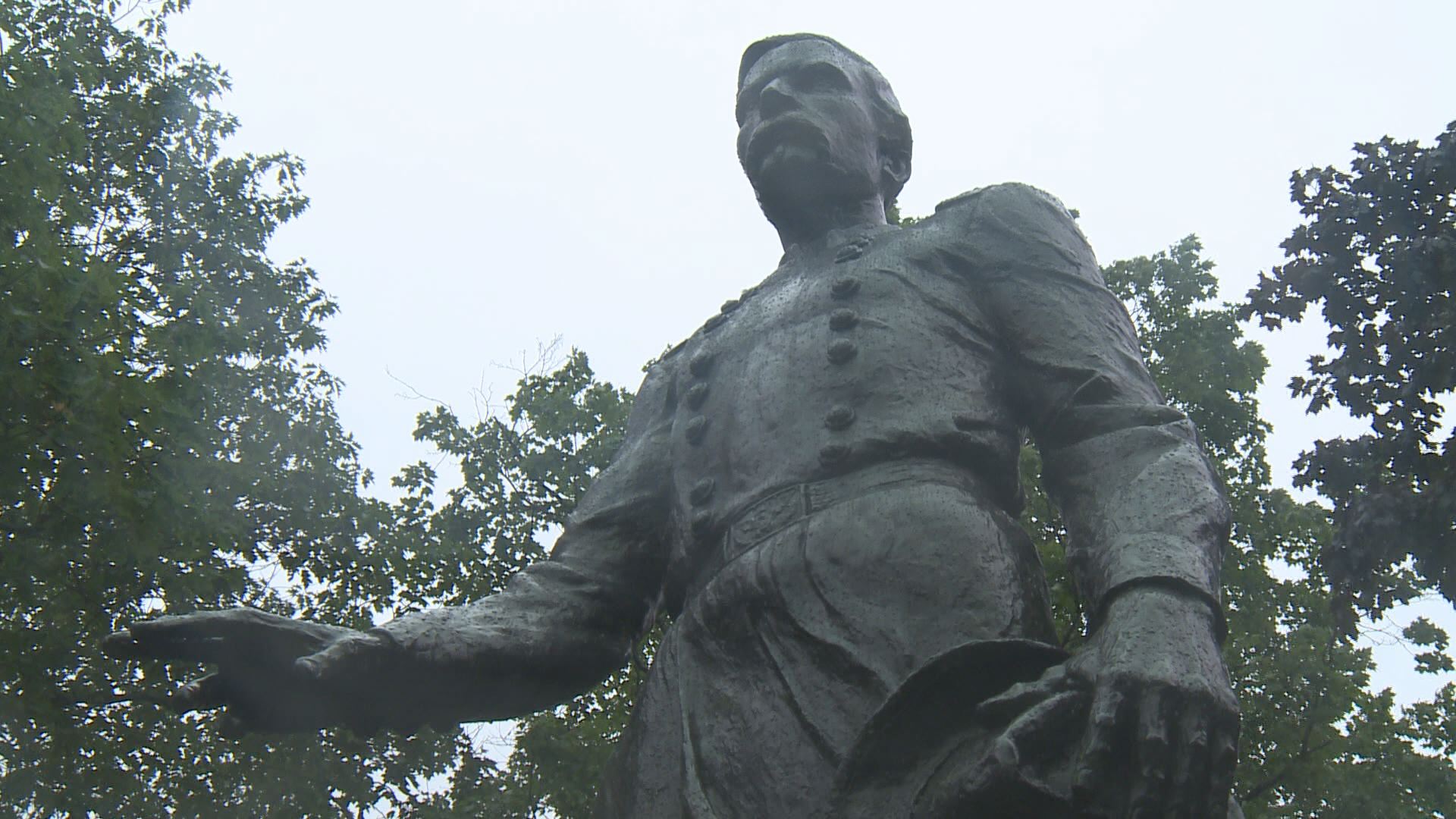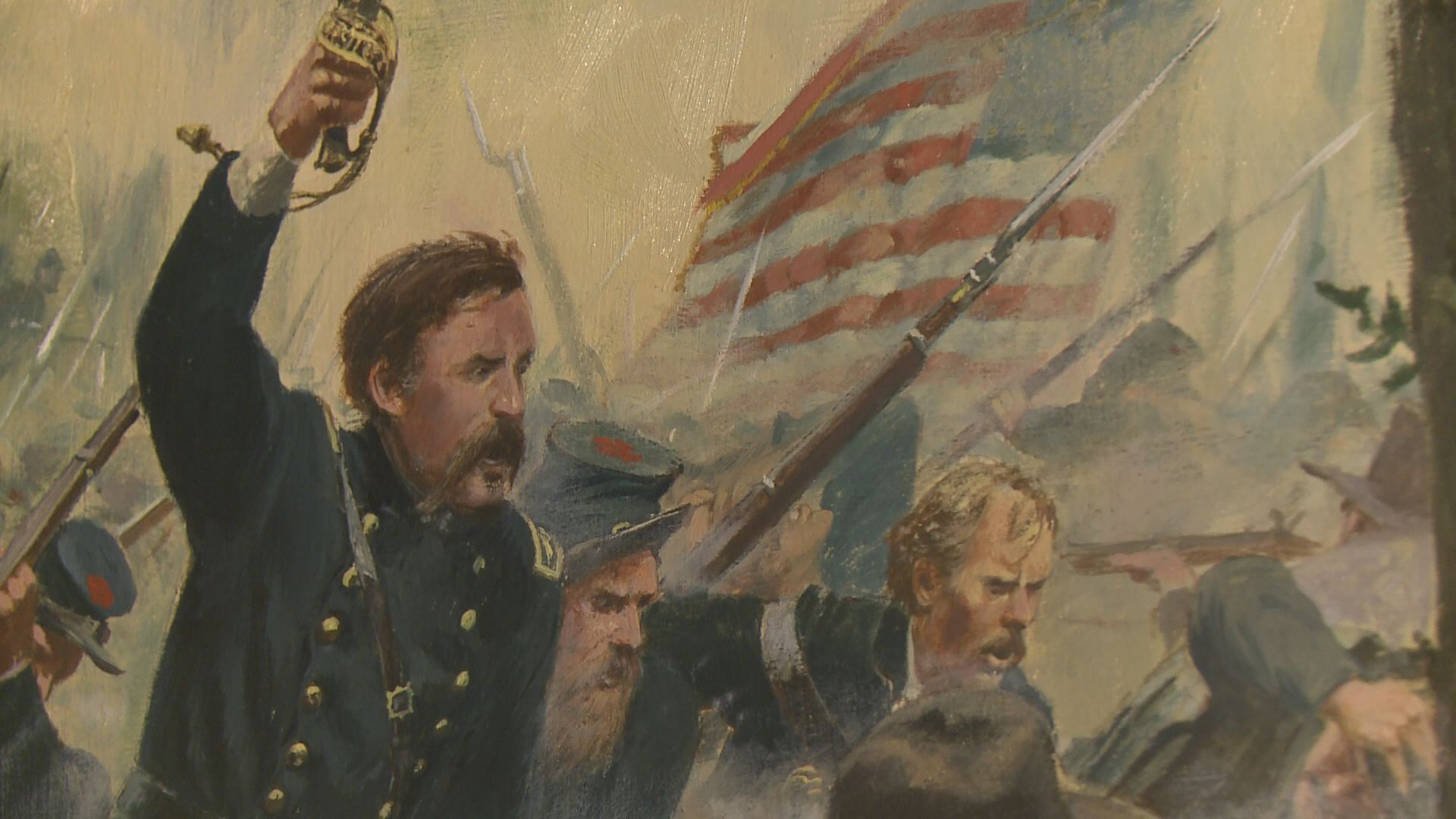BRUNSWICK, Maine (NEWS CENTER) -- Maine history could provide some answers to questions raised by Pres. Donald Trump about the underlying national tensions that led to the Civil War.
Pres. Trump made several historical references in an interview with The Washington Examiner. He spoke of his admiration for Pres. Andrew Jackson saying Jackson "was really angry that he saw what was happening in regard to the Civil War." However Jackson died 16 years before the Civil War began. Pres. Trump also said, "People don't ask the question, but why was there the Civil War?" That question is inextricably tied to Maine's identity.
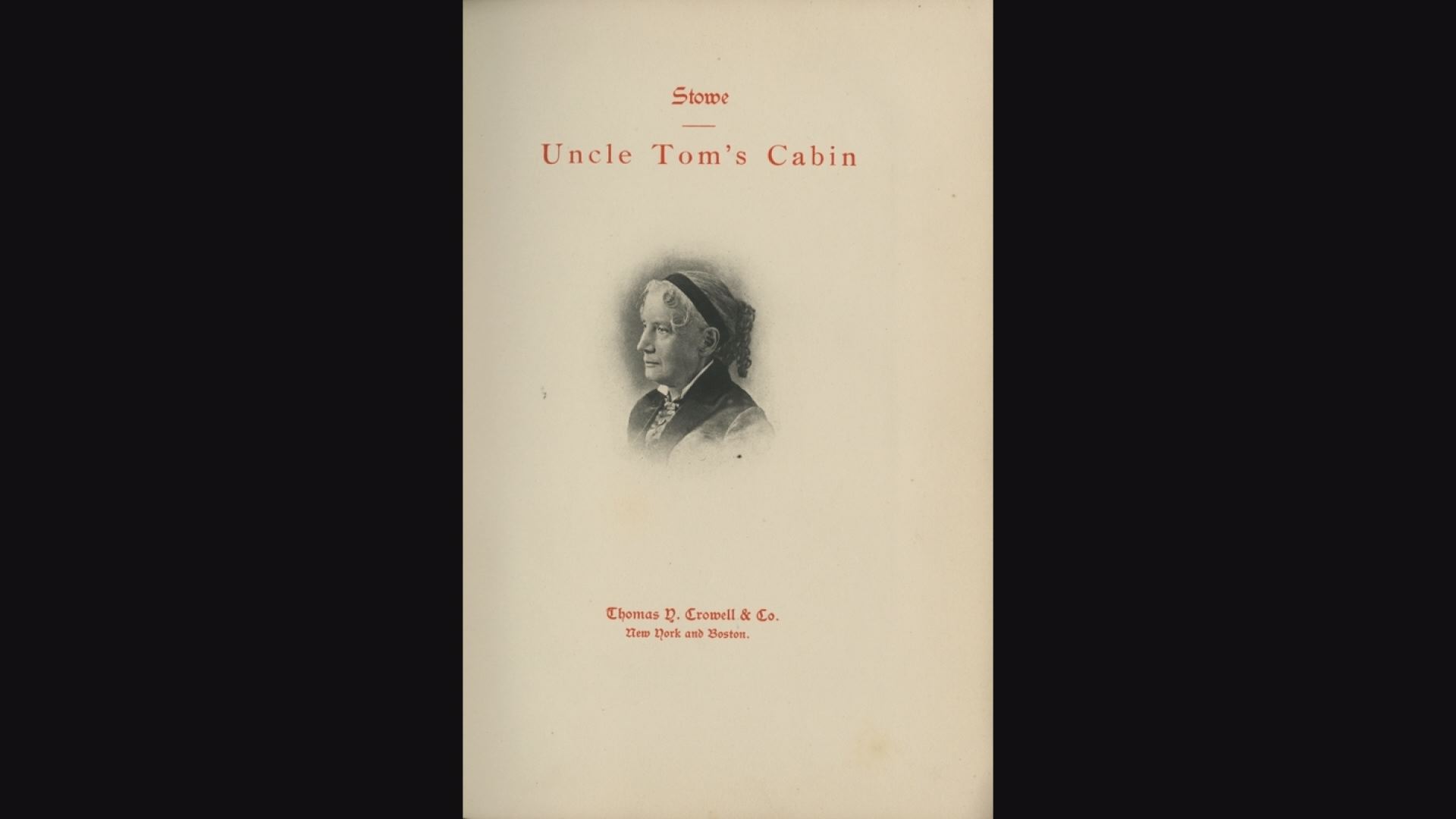
The divide over slavery that led the country to war was also a factor in Maine's admission into the Union, as shown in a timeline of key events in state history on the Maine Secretary of State's website:
Congress established Maine as the 23rd state under the Missouri Compromise of 1820. This arrangement allowed Maine to join the Union as a free state, with Missouri entering a year later as a slave state, thereby preserving the numerical balance between free and slave states in the nation.
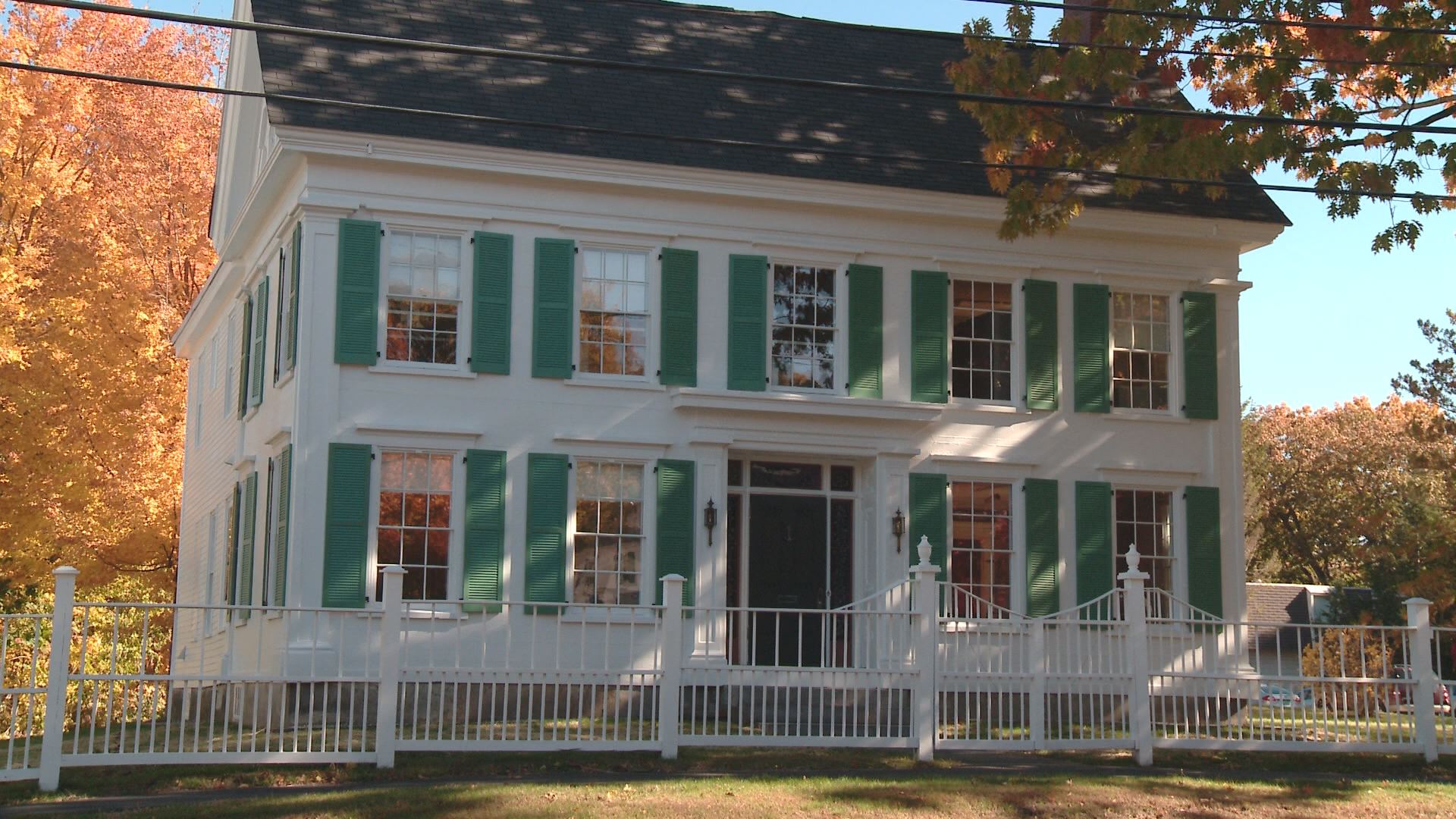
The anti-slavery movement was stoked in subsequent years by the book Uncle Tom's Cabin about the abuses suffered by a kindly slave. Harriet Beecher Stowe wrote parts of the book while living in Brunswick, where her husband worked as professor at Bowdoin College from 1850 to 1852. According to Bowdoin's website, Stowe also opened her Brunswick home to a fugitive slave who escaped from bondage in South Carolina. Stowe's impact on the national discussion about slavery was so profound that Pres. Abraham Lincoln is quoted as telling her, "So you're the little woman who wrote the book that made this great war!"
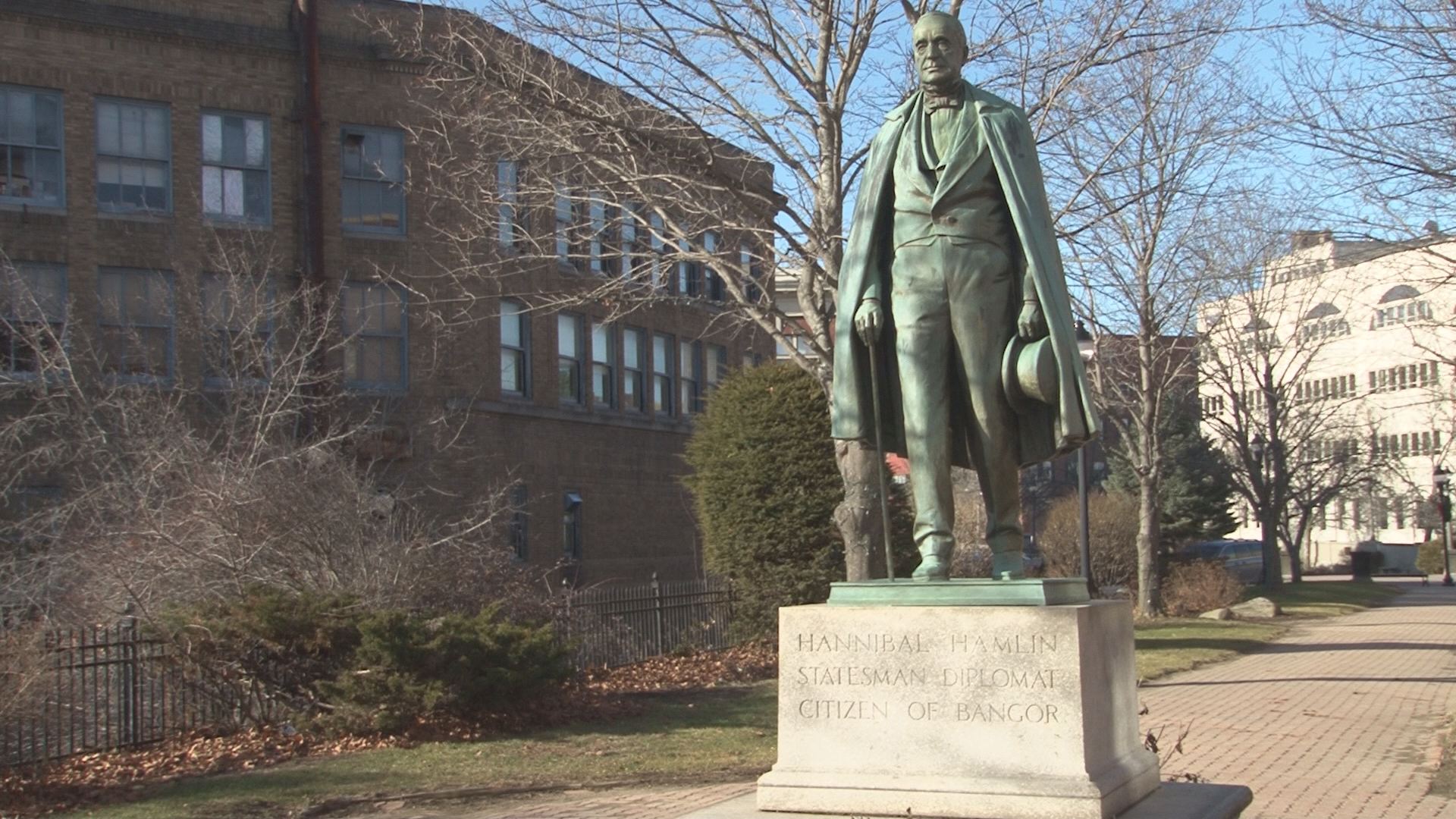
Maine's influence on Lincoln extended into the highest levels of his administration. For his first Vice President, he chose Sen. Hannibal Hamlin from Maine. Hamlin was an ardent critic of slavery and a former Democrat. Those qualities and his northern pedigree were considered assets for the Republican ticket in the 1860 presidential election. His biography on the U.S. Senate website says Hamlin was a bold voice in the administration, advocating early in favor of issuing an emancipation proclamation. But Hamlin had fallen out of favor by the next election and we replaced by Andrew Johnson.
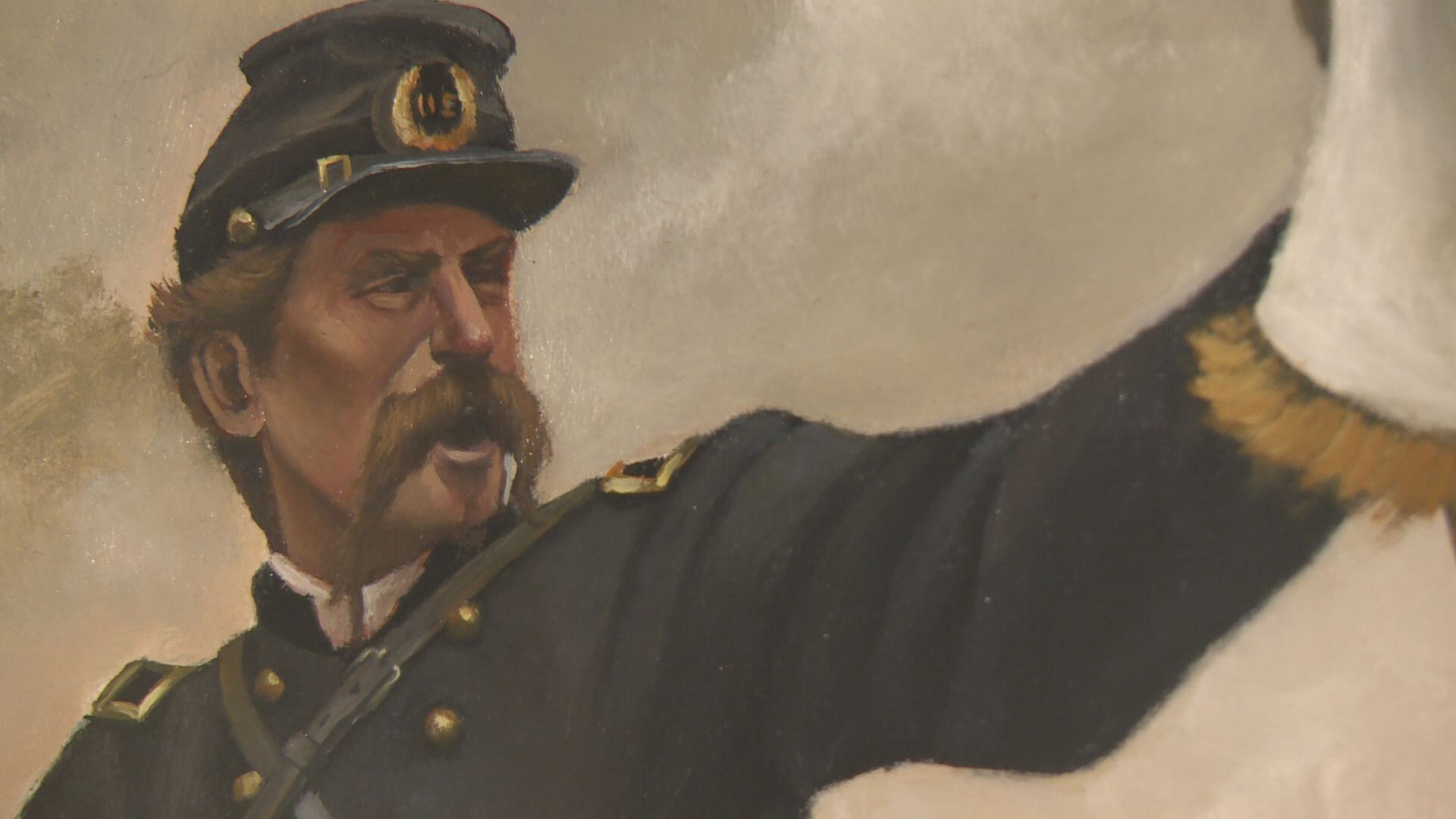
Hamlin also pulled double-duty during the Civil War, acting as both Vice President and a member of the Maine Coast Guard. That commitment was a common sentiment in his home state. Research by the Maine Historical Society shows 73,000 Mainers served in the Union Army and Navy during the Civil War, the highest figure in proportion to population of any northern state. But no Mainer was more celebrated for his military service during the Civil War than Joshua Chamberlain.
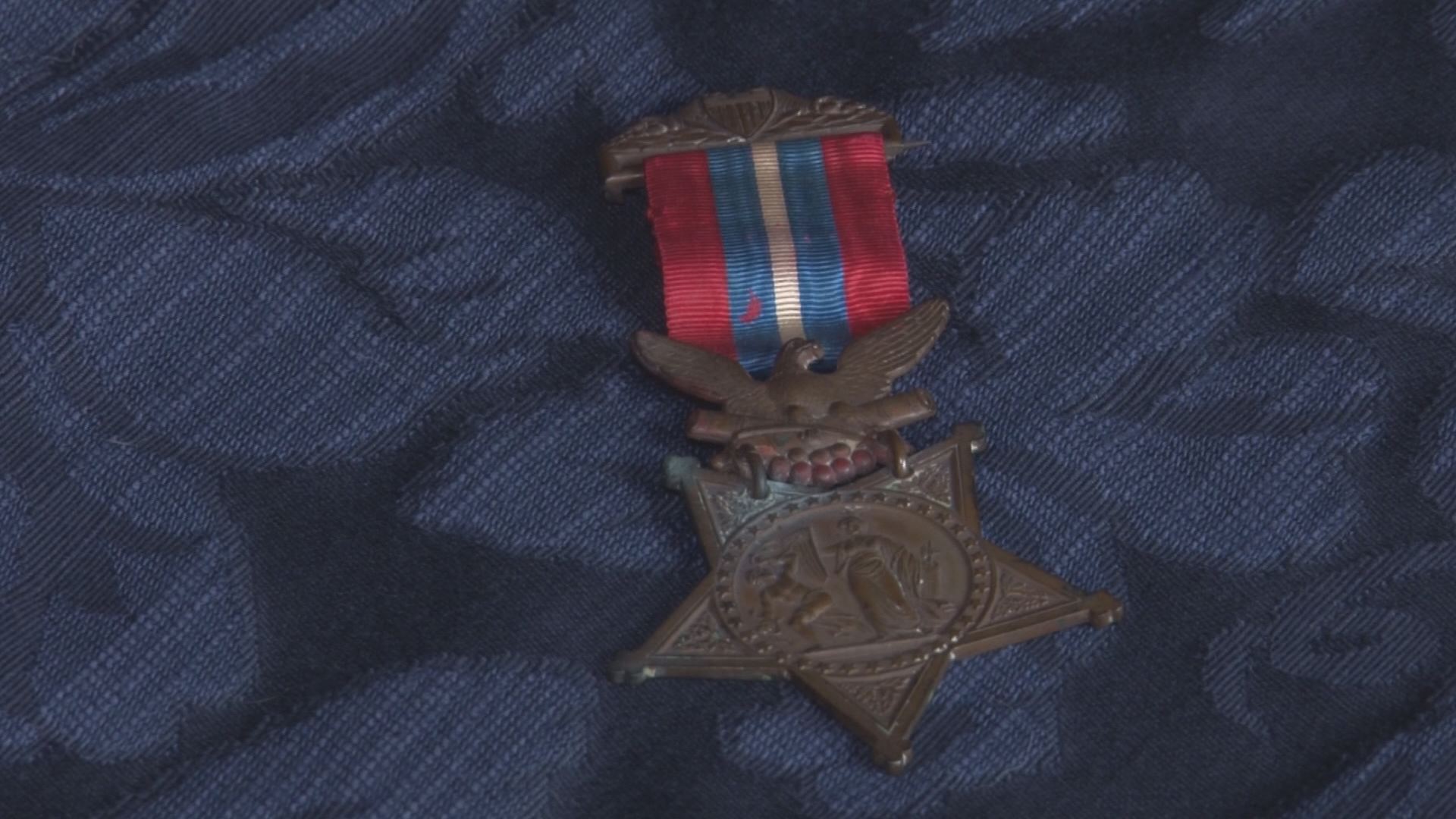
Col. Chamberlain played a key role in the Battle of Gettysburg by leading the 20th Maine Volunteer Infantry Regiment in its defense of Little Round Top. His valor in battle won him the Medal of Honor. Chamberlain was so admired that Gen. Ulysses S. Grant chose him to accept the formal surrender of the Confederate Army at Appomattox. At the ceremony, Chamberlain set the tone for reconciliation between North and South by ordering his men to salute their former enemies. These excerpts from Chamberlain's biography were drawn from the Pejepscot Historical Society, which devotes much of its efforts to sharing his story.
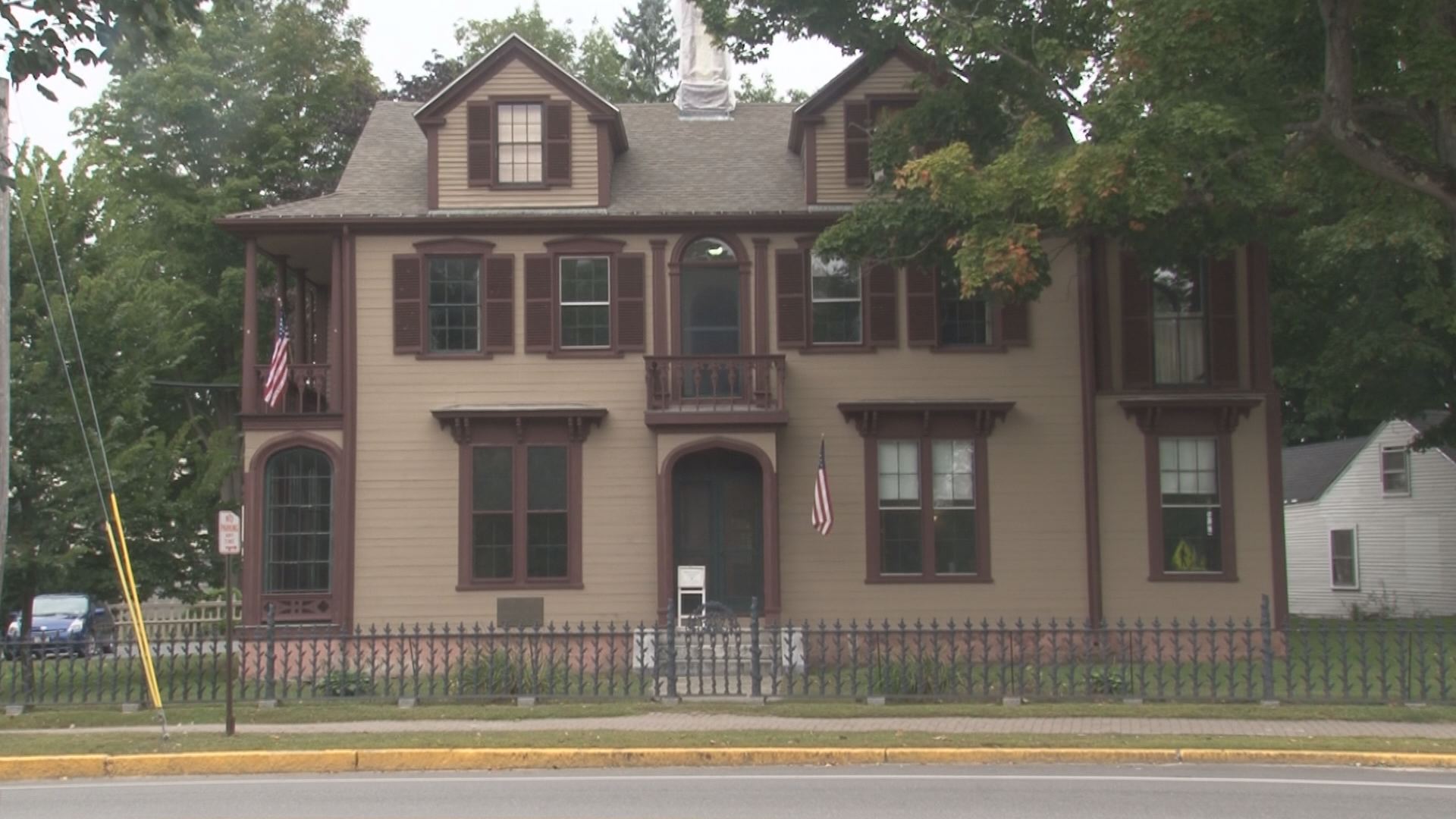
Many places and artifacts connected to Maine's role in the Civil War have been carefully preserved so future generations can continue to see them and appreciate their important place in history. The homes in Brunswick where Harriet Beecher Stowe and Joshua Chamberlain each lived are both open for tours. And Bangor honors the memory of Hannibal Hamlin with a statue overlooking the city, not far from the site of his final resting place.
